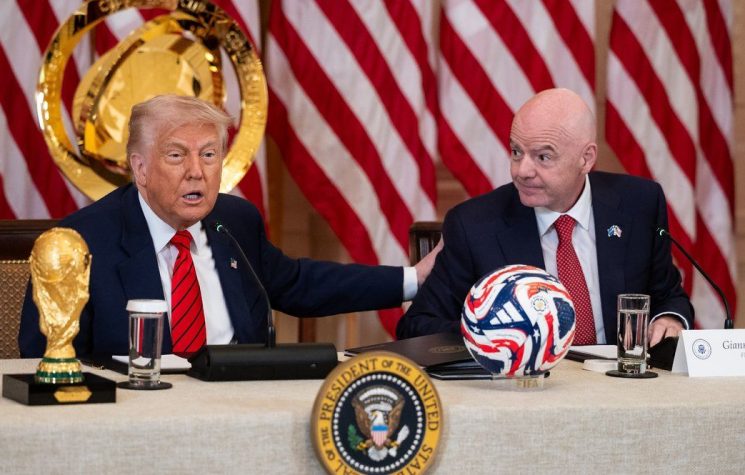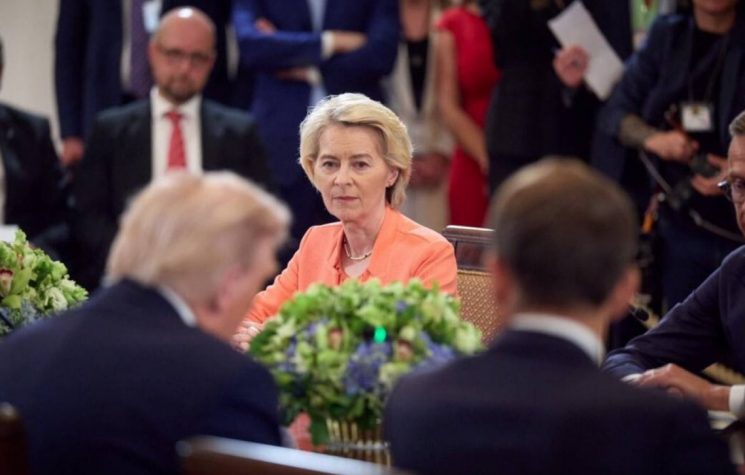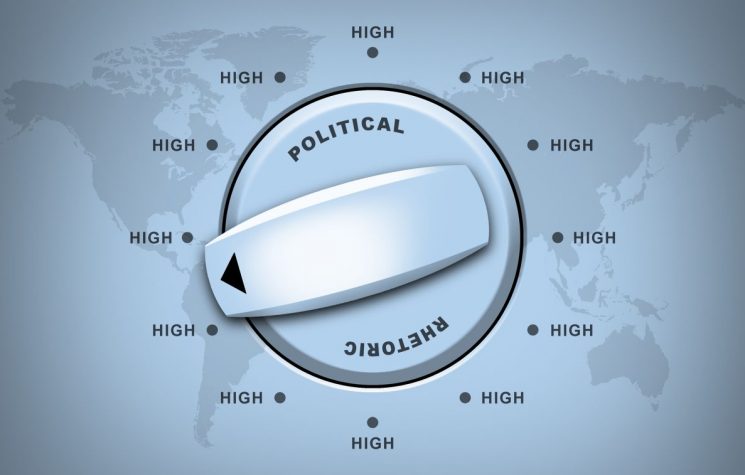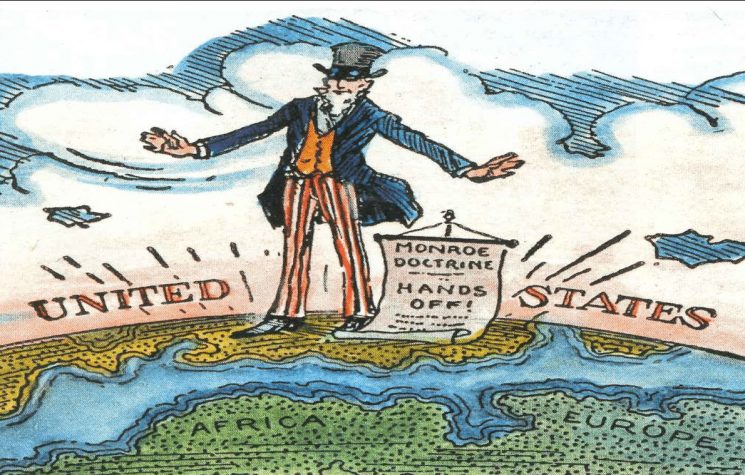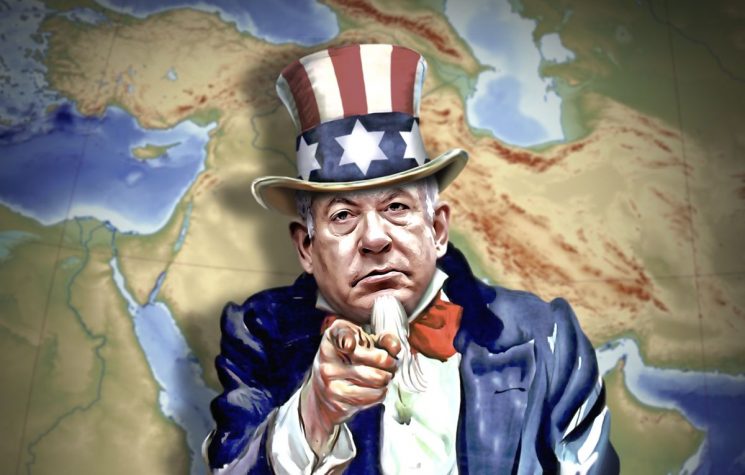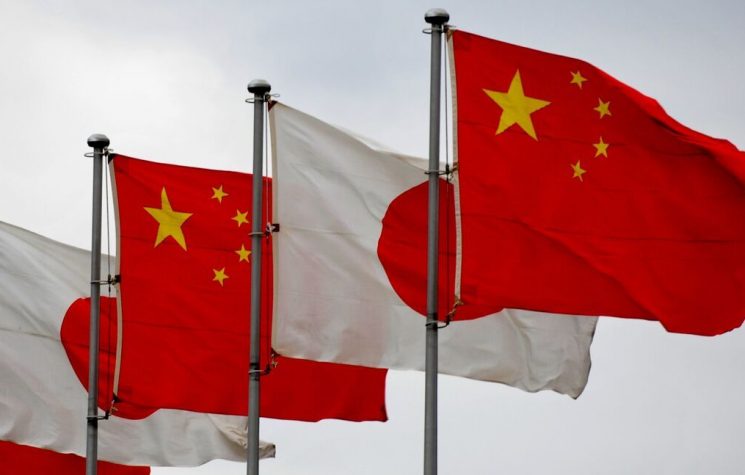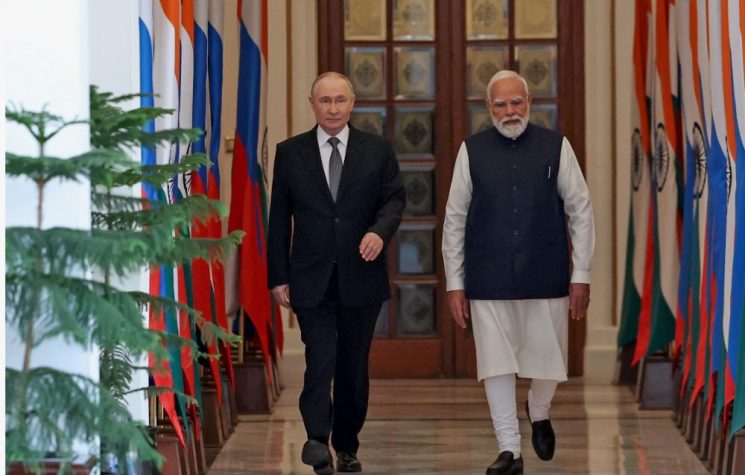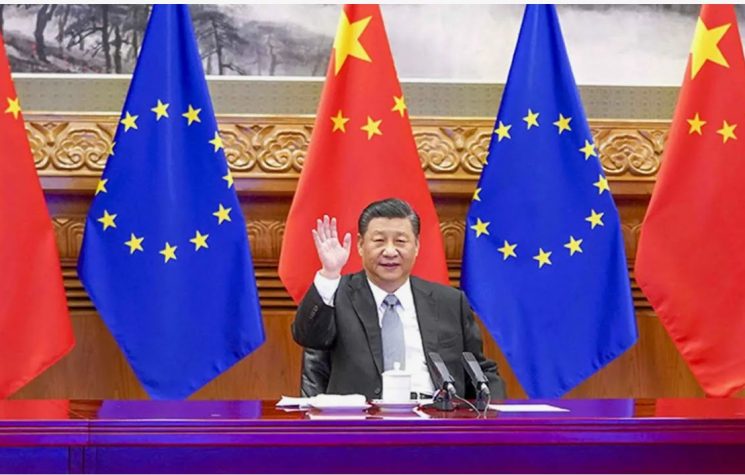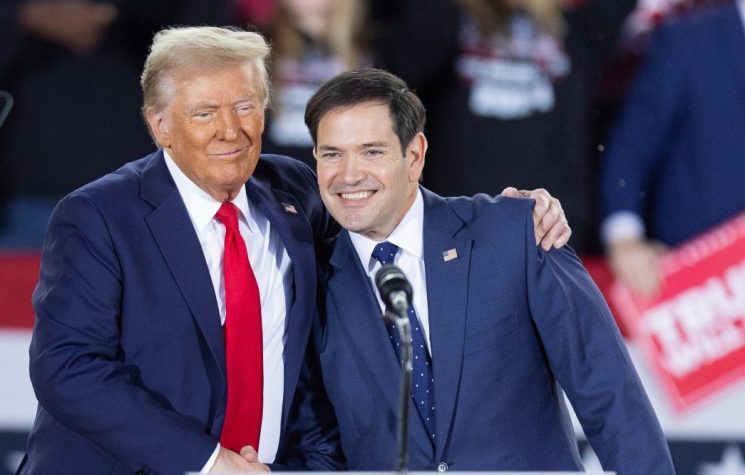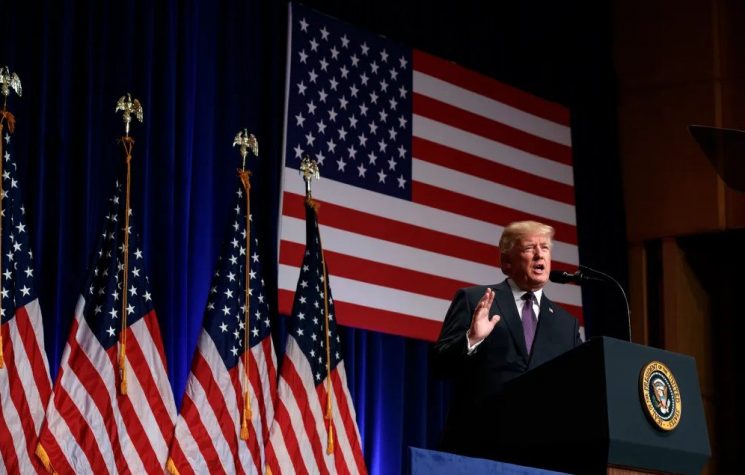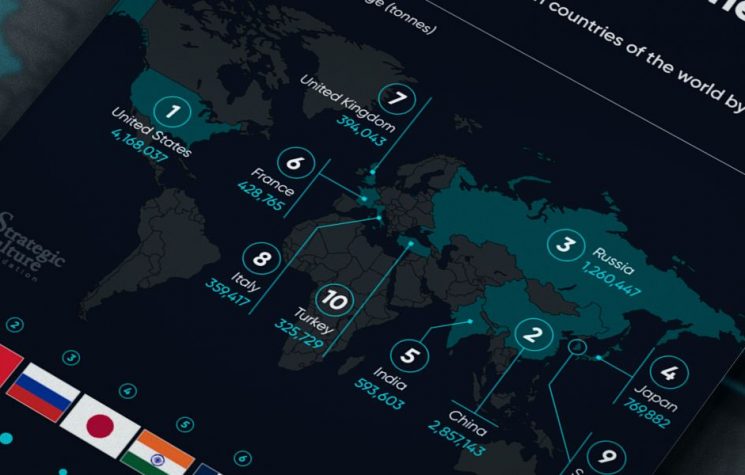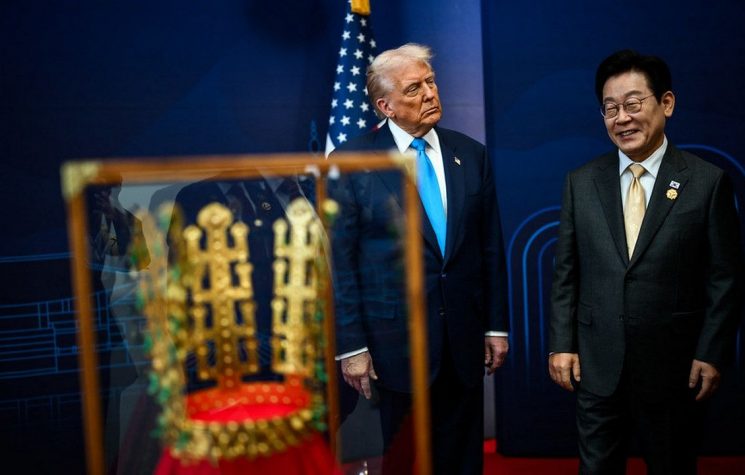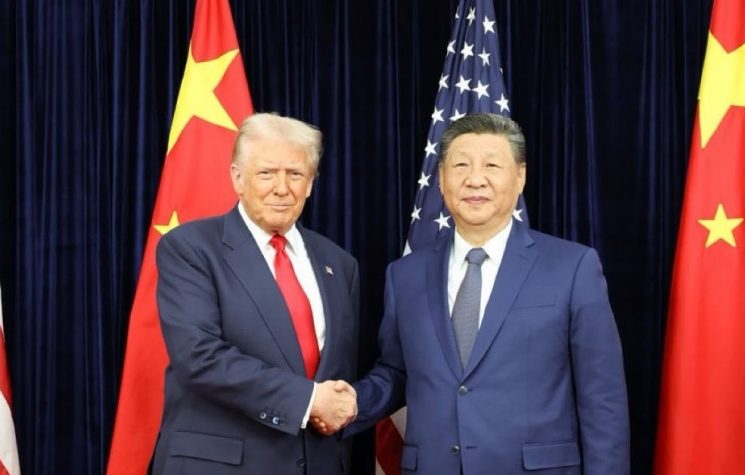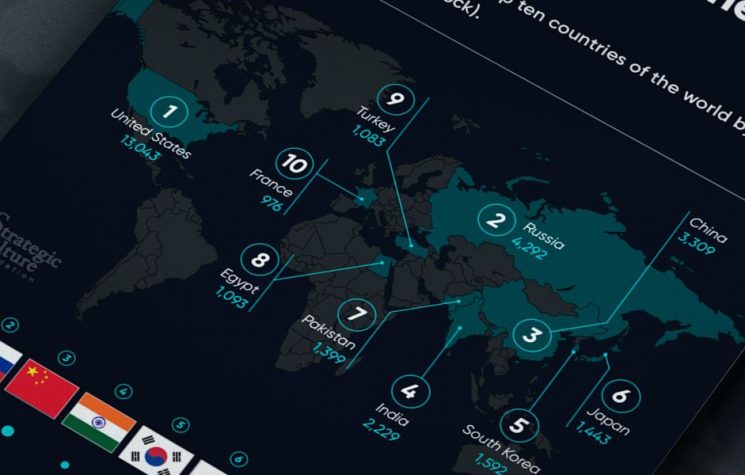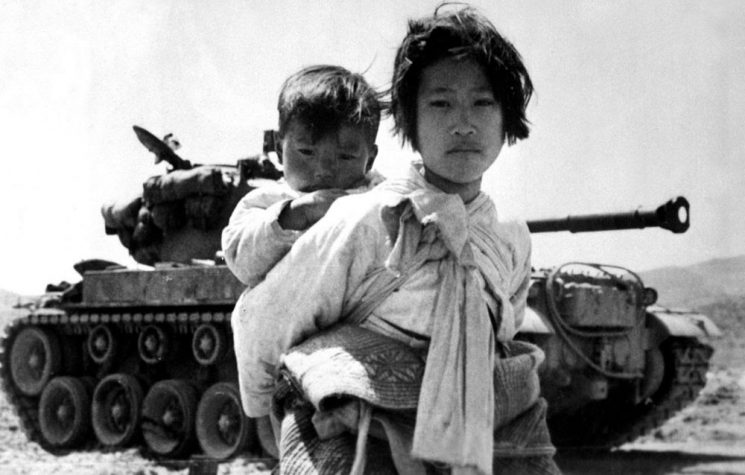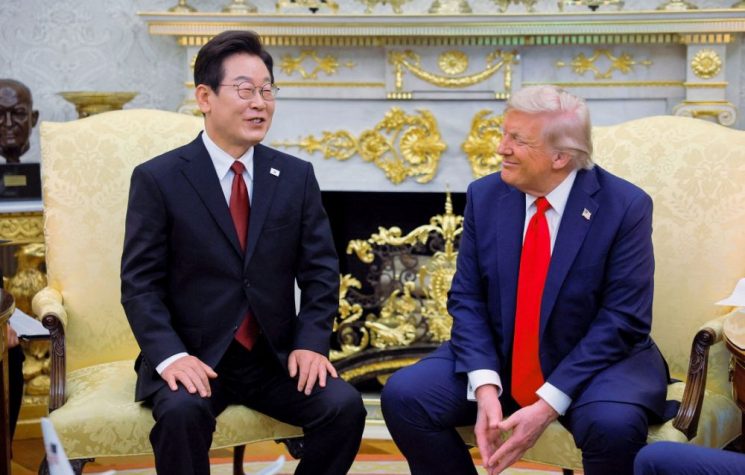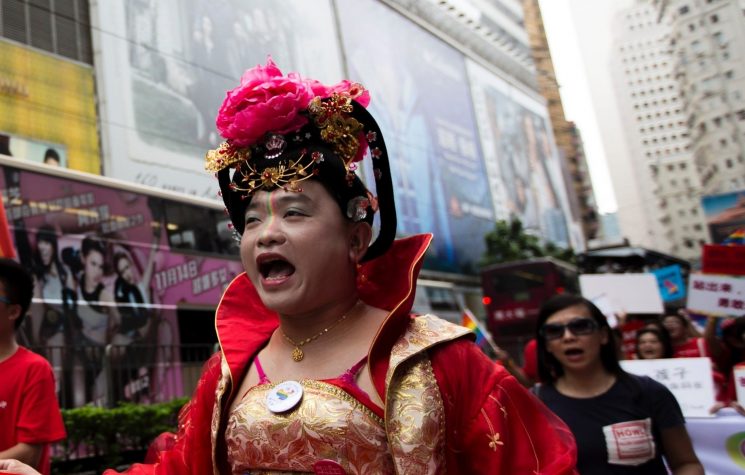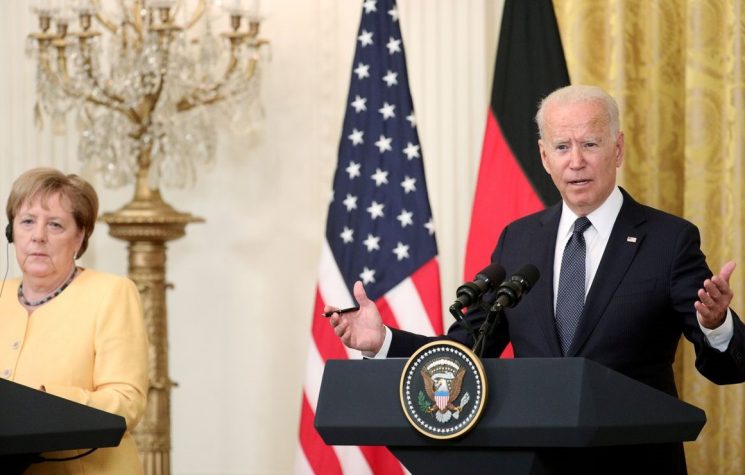The U.S. elites may either do not sense a problem with the ongoing feminization of American boys, or they have no desire to see the United States succeed as a viable nation for long.
The Chinese Communist Party, sensing an ideological challenger no less daunting than a religious order, has drawn a line in the sand, ordering regulatory bodies to reign in the ‘chaos’ of celebrity culture, while finding ways to curtail the influence of ‘effeminate’ celebrities. Can the United States, which lacks such a unified decision-making apparatus, adjust its sails to meet the same challenge?
With the invasion of foreign cultural influences, not least of all from South Korea and its popular ‘K-pop’ boy bands, Beijing has practically declared a state of national emergency. Chinese President Xi Jinping, in the name of promoting a more moral and “healthier society,” has called for a program of “national rejuvenation” with an aim to controlling the “idol worship” of celebrities, not least of all those male stars who exhibit a feminine persona, AP reports.
The ruling, which wasn’t forced to pass through a tortuous game of partisan chutes and ladders as is always the case in the United States, has already sent a chill through China’s thriving entertainment industry.
The ban requires broadcasters to “put an end to sissy men and other abnormal esthetics,” according to the National Radio and Television Administration (NRTA), which employed a derogatory slang term for effeminate men — “niang pao,” which roughly translates into “girlie guns.”
@BTS_twt CONGRATS BTS ?? You’re nominated for Group of the Year at the 2021 #VMAs!
Vote on @MTV’s Instagram Story starting TOMORROW! pic.twitter.com/9kgfOaJG7Q
— Video Music Awards (@vmas) September 3, 2021
The collective frenzy that has welcomed K-pop bands in China – groups like Exo, a South Korean-Chinese collaboration, which is ranked as one of the most influential boy bands in the world – is no longer a phenomenon that Beijing feels it can ignore. Impressionable adolescents, eager to emulate the style that seems so alluring to young female fans, has got the authorities worried that the “feminization” of young men will lead ancient Chinese civilization, if not to a radical change in its traditional makeup, then to the brink of national disaster.
Here it is interesting to note how China and the United States, two competing economic and military superpowers, view the issue of masculinity – or the purported lack thereof – in their separate cultures. In China, the question of protecting masculinity from the onslaught of a hyper-sexualized world is obviously a priority; in the United States, the debate is heading into a maddening cul-de-sac, with the authorities – including teachers, politicians and even, to its eternal shame, the Gillette Company – calling out “toxic masculinity,” while promoting LGBTQ+ lifestyles inside of the classroom.
In Shanghai, male students aged 10 to 12 are taught from a 2016 textbook entitled, “Xiaoxiao Nanzihan,” or “Little Man,” which is designed to address China’s perceived masculinity crisis. Chen Laixiu, a teacher who co-authored the book, has a simple message for Chinese males: “man up.”
“Boys have to be outgoing, be able to face the pressure of life and society, and be responsible for protecting the family,” Chen told Sixth Tone.
Now just try and imagine a school teacher in the United States – where Drag Queen Story Hours are being organized at public libraries across the land, and young children are being introduced to the mysteries of transgenderism – holding onto their position for longer than 24 hours after uttering such a glaringly confrontational remark.
Meanwhile, in January, a representative of the Chinese People’s Political Consultative Conference, a governmental advisory body, warned that Chinese youth are becoming “weak, self-effacing, and timid,” and may be unduly influenced by the so-called “little fresh meats,” those boys who gyrate on stage to the approving squeals of females under the K-pop circus tent. The warning went on to describe the feminization of young Chinese males as “a threat to the development and survival of our nation.”
Imagine that. A single word by a single Chinese official put into motion a national movement to get the Asian powerhouse moving again, with emphasis being placed on physical education in schools, and less time in front of the computer. And people wonder how entire Chinese cities arise out of the desert almost magically overnight.
Just last week, China’s National Press and Publication Association announced the prohibition of online gaming on school days. The rules also limit gaming to one hour a day on the weekend and holiday evenings. Once again, no endless debate that gets nowhere in the political talk shops.
The authorities were moved to swift action after “many parents… reported that game addiction among some youths and children is seriously harming their normal study, life and mental and physical health,” the administration said, as reported by the New York Times.
NEWS: Government of China plans to prevent activities of foreign celebrities in the country #kpopnews https://t.co/gNHn5vqh4H
— Reddit K-Pop (@redditkpop) September 6, 2021
The first conspicuous lesson to be learned here is that, for whatever reason, the elites in the United States either do not sense a problem with the ongoing feminization of American boys, or they have no desire to see the United States succeed as a viable nation for long. Considering the disaster that just transpired in Afghanistan, the second choice is a tempting one. The advantages of supporting masculine traits in society are too obvious to warrant serious discussion here; suffice it to say that no nation that promotes the feminization of its male youth can expect to survive for long, neither in the demographic realm nor on the battlefield.
Russia, by the way, no stranger to surviving in a hostile world, saw the immediate threats posed by global cultural trends and acted accordingly. While not denying anyone of their freedom to pursue whatever type of lifestyle they choose, the Russian Duma in June 2013 passed a law (“for the Purpose of Protecting Children from Information Advocating for a Denial of Traditional Family Values”) that prohibits the distribution of “propaganda of non-traditional sexual relationships” among minors. The Russian population overwhelmingly supported the motion.
Meanwhile, the United States, a culturally and politically fractured nation that has become ground zero for the globalists and their worldly machinations, has become utterly paralyzed when it comes to invoking legislation that protects children from the onslaught of cultural experiments gone mad.
Independent-spirited countries like China and Russia, which have not been conquered by liberalism on steroids, still have the power within them to protect their young citizens, and with amazing alacrity. This right is no longer possible in the land of the free, where a complicit corporate media machine keeps two sides – the conservatives and the liberals – perpetually at war with each other over issues that never should have been issues in the first place.
‘Boys will be boys’ is no longer a given anymore, and that tragic state of affairs may just help the United States to fade away on the geopolitical stage faster than anyone could have imagined.











